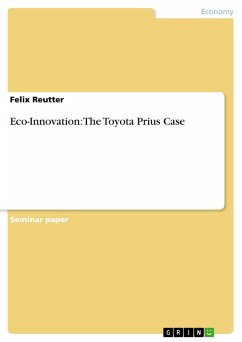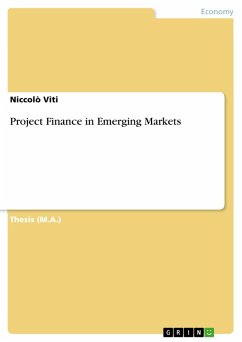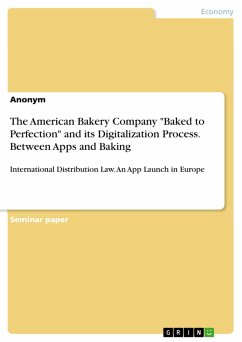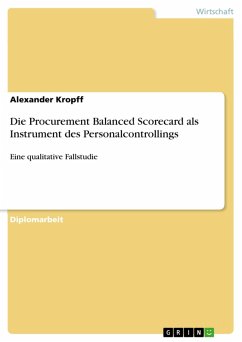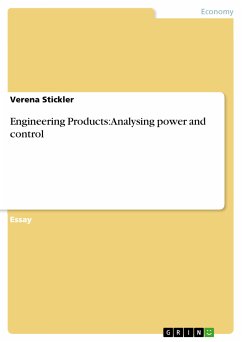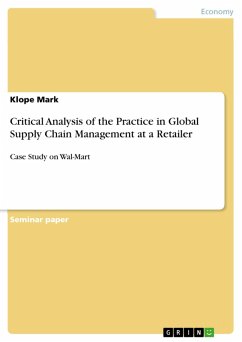Seminar paper from the year 2013 in the subject Business economics - Operations Research, grade: 1,0, Carl von Ossietzky University of Oldenburg, language: English, abstract: The aim of this paper is to argue why the Toyota Prius can be classified as product eco-innovation and to study why the eco-innovation Toyota Prius has been successful. For this purpose the general literature on eco-innovation is reviewed and applied on the specific case of the Prius. The paper is organized as follows: section 2.1 provides a brief overview of the different definitions of the term eco-innovation that are proposed in the literature. Next, section 2.2 depicts the factors determining the success of an eco-innovation which are named in the eco-innovation literature. After this, section 3 introduces the case of the Toyota Prius and argues why the Prius can be classified as product eco-innovation. Then, section 4 studies which determinants of eco-innovation have contributed to the success of the Prius. Finally, section 5 summarizes the findings of this paper and evaluates them critically.
Dieser Download kann aus rechtlichen Gründen nur mit Rechnungsadresse in A, B, BG, CY, CZ, D, DK, EW, E, FIN, F, GR, HR, H, IRL, I, LT, L, LR, M, NL, PL, P, R, S, SLO, SK ausgeliefert werden.

